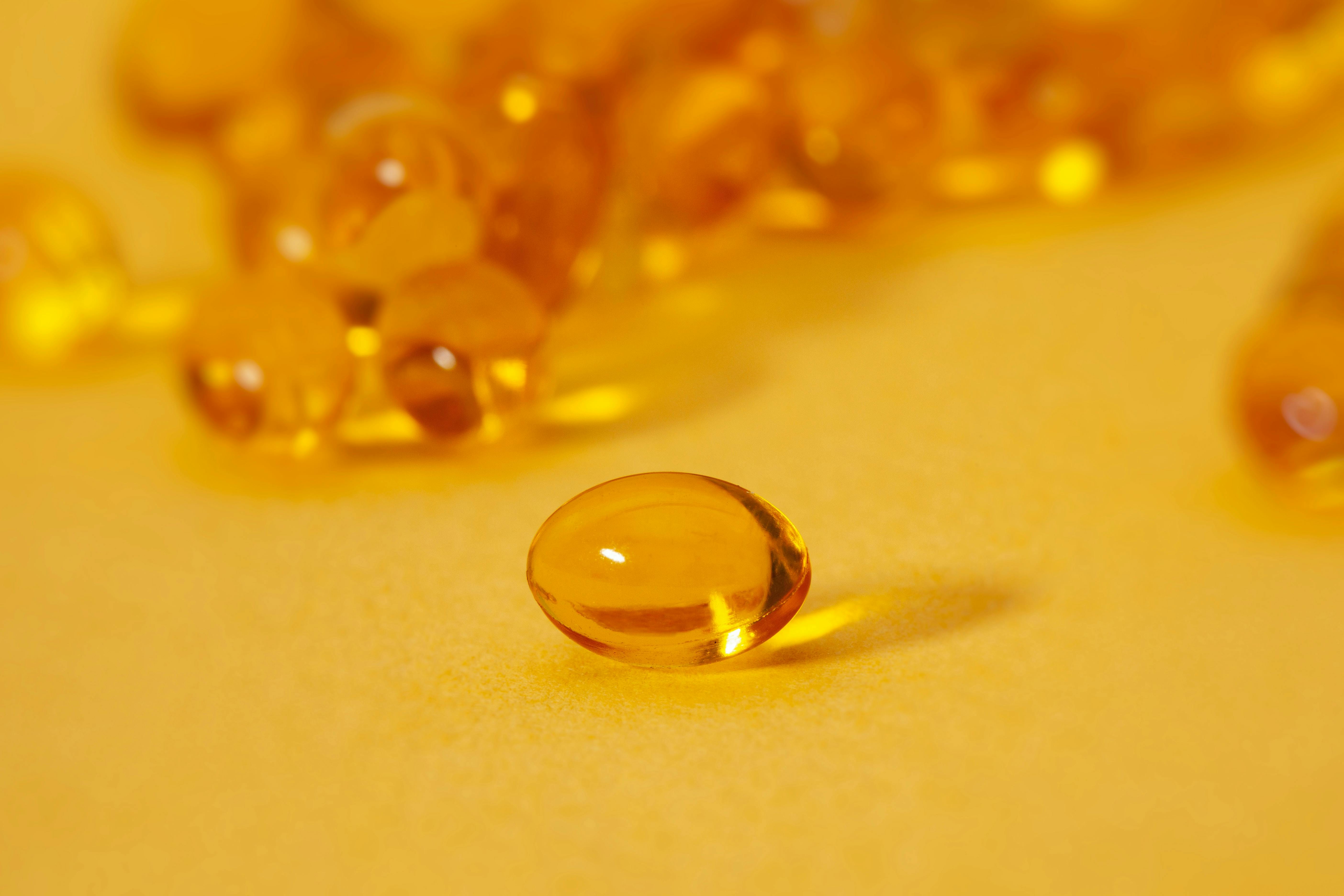
Male-factor infertility affects around 1 in 10, stemming from various causes such as genetic disorders, medical conditions, and unhealthy lifestyle habits. When trying to conceive, individuals often seek ways to enhance sperm health and increase their chances of conception. In this article, we will explore different male fertility supplements and how they can boost fertility based on specific goals.
Key Takeaways:
- Vitamins, minerals, and antioxidants are crucial for sperm production and hormonal balance.
- While these nutrients can be obtained from food, maintaining a balanced diet with sufficient amounts of each nutrient can be challenging, especially for those with dietary restrictions.
- Male fertility supplements ensure an adequate intake of essential nutrients.
Key Vitamins and Minerals for Male Fertility:
Zinc: This trace mineral is vital for DNA creation, cell growth, protein synthesis, tissue healing, and a healthy immune system. Zinc can be found in meat, poultry, seafood, legumes, and whole grains. It plays a role in balancing male fertility hormones and supports spermatogenesis (sperm production).
Vitamin D: A fat-soluble vitamin present in fatty fish, egg yolks, mushrooms, and fortified foods, vitamin D is involved in spermatogenesis and supports sperm's ability to fertilize an egg.
Antioxidants: These substances prevent cellular damage caused by free radicals. Important antioxidants for male fertility include coenzyme Q10 (CoQ10), vitamin C, vitamin E, lycopene, and selenium. They protect sperm by combating free radicals, improving sperm count, and reducing DNA damage.
Folate or Folic Acid: Folate, a B vitamin, contributes to the creation, maturation, and development of sperm. Enriched bread, cereals, and vegetables like spinach, asparagus, and Brussels sprouts are excellent sources of folic acid.
How Male Fertility Supplements Work
Male fertility supplements provide a combination of active ingredients essential for sperm production and male hormone health. These supplements are available over the counter in pharmacies, grocery stores, and online. They rarely cause side effects when taken in appropriate doses, but it's recommended to consult a doctor before starting a new supplement regime. It typically takes around 72 days for the body to produce sperm, so it may take up to three months to observe the effects of the supplements. At-home sperm testing options are available to monitor sperm health and track changes over time.
Who Should Take Male Fertility Supplements?
While adopting a healthy diet is crucial, some individuals may find it challenging to obtain all the necessary nutrients solely from their diet. Male fertility supplements are an ideal solution for those looking to improve sperm health and maintain healthy sperm parameters, especially those actively trying to conceive or considering fertility treatments. Individuals interested in sperm freezing can also benefit from these supplements to preserve high-quality sperm for future use.
Alternative Male Fertility Supplements:
In addition to traditional male fertility supplements, certain herbs and ingredients may contribute to improving sperm and hormonal health.
Ashwagandha: An herb used in traditional Indian healing, ashwagandha has been associated with benefits such as improved sperm count and quality. It can also increase testosterone levels, which play a crucial role in male physical characteristics, sex drive, fertility, and sperm production.
Fenugreek: Widely used in cooking and traditional healing practices, fenugreek has shown potential in increasing sperm count and improving sperm morphology, although research on it is limited.
Please note that it's important to consult a healthcare professional before starting any new supplements or making significant changes to your diet.
© 2024 Syrona Health. All rights reserved.